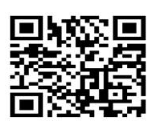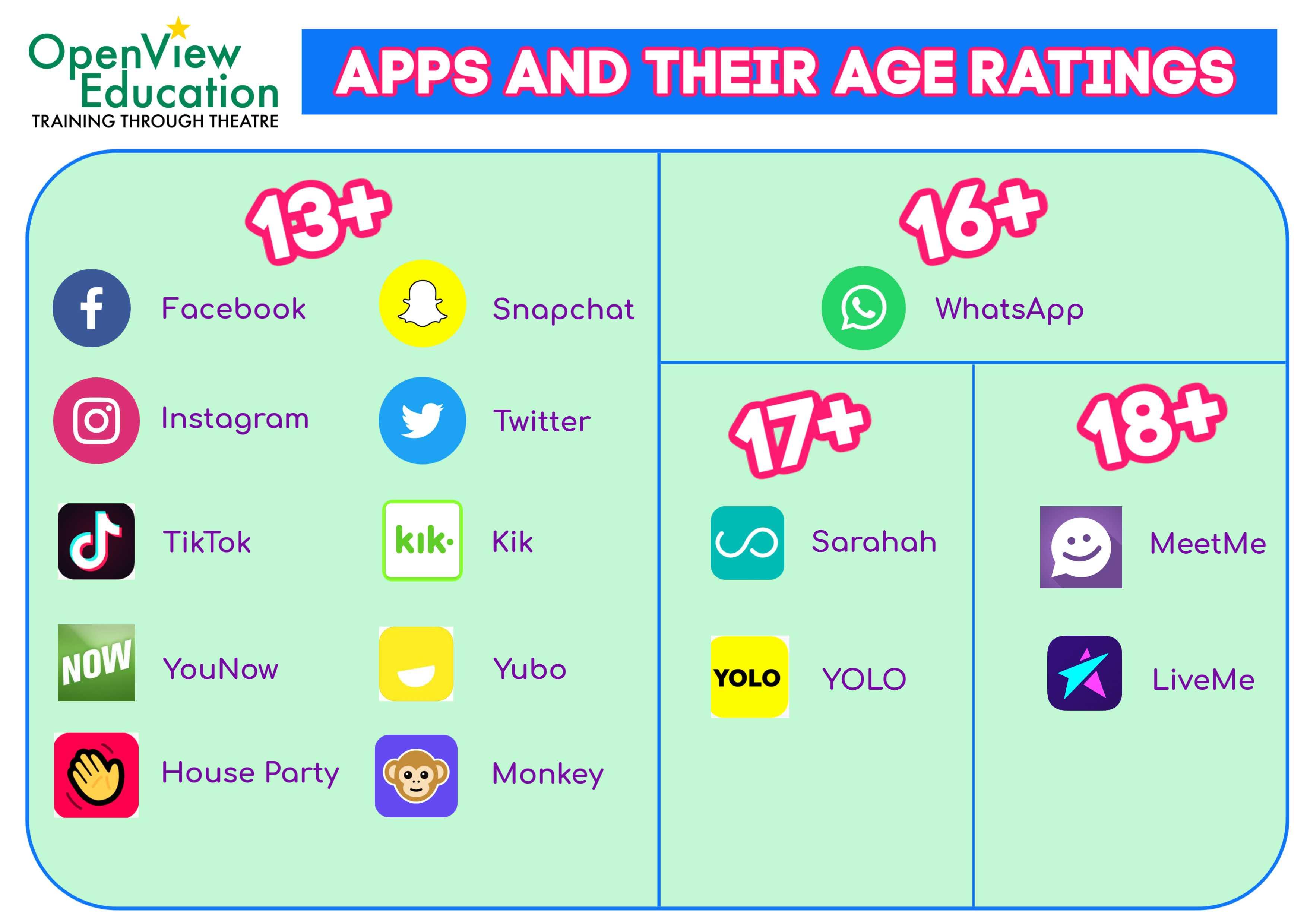Online Safety for Parents


NSPCC - Speak out. Stay safe
The NSPCC have produced some excellent information leaflets and posters for parents/carers to start discussions and conversations with their children about keeping safe online and when using social media.
The posters cover topics such as:
- Grooming
- Sexting
- Snapchat
- Youtube
Our safeguarding and online safety training makes clear that we need to be teaching children in an age-appropriate way about how to keep safe. This includes working with families so that they understand the risks and problems that may arise.
Please take a look at the posters/leaflets and use them as a source of information or starting point for discussion.
To report concerns about abuse, click the button and you will be taken to CEOP website and you can follow the steps to report online abuse.
The NSPCC has a fully up to date section on their website called NET AWARE. It is a fantastic information source for you to use to find out about apps your children may be using to communicate and game with friends. Click here or on the Net Aware picture below to go directly to the site.
After some recent online safety CPD delivered by Traci Good, we have been made aware of a fantastic resource aimed at parents in supporting them with keeping their children safe online. The website she has recommended is Parent Zone. It contains parents guides about the apps and services that you need to know about, health and well-being information and much more.
Traci Good has strongly recommended the Internet Matters website for parents to use when supporting their children with online safety. The website provides a wealth of information from how to set parental controls on devices, update information are risks children face when accessing online material and much more.
Below is information and advice about how to keep your children safe when using the Internet. There are links to the main Internet Service Providers, which explain how to set parental controls and access filters. We are happy to advise further if you have any concerns about using the Internet, social media or cyberbullying. Please do not hesitate to contact school if you need to.
Internet Service Providers
Many internet service providers (ISPs) provide parental control software - most of which includes content filters which can block offensive content such as pornography.The four big ISPs - BT, Sky, Virgin Media and TalkTalk - provide it free of charge (as part of their package), and give new customers a prompt so that they have to make a decision as to whether they want to use it or not.
UK mobile operators also provide free parental control software. Some of this is set up by default, but if you are not sure then contact your mobile operator and ask them.
There are parental controls available on a wide range of devices. Whether your child is using a games console, a tablet or a smartphone, it is likely that there are controls available for parents to use.
Content Filters
Content filters are a key tool typically included in parental control software. They can help to reduce the chances of children coming across inappropriate content, such as pornographic and violent material.
Some filters allow parents to set different profiles for different children - so mums and dads can offer a more protective experience for younger children.
It's worth knowing that content filters can sometimes 'over-block', which means they can prevent access to content that is suitable for your child to see. Likewise, they can 'under-block' - allowing some inappropriate content to slip through the filter.
If you want to give your child access to a site that has been blocked, most filters will let you unblock a particular site. And filters can also allow you to add sites that were not previously on the blocked list.
Timed Access Filters
Parental tools offer more than just filtering. If you've installed parental control software, you may find a range of tools on offer.
Some tools allow parents to set time limits to online activities. This allows the parent to restrict access to the internet, or to certain types of websites at certain times - for example to block social networking during homework time.
Other tools let you monitor your child's online activity - so, for example, you can see which websites they have been viewing and how long they were online for. Some more advanced parental control software even provides parents with reports on their child's social networking activity.
Parental Responsibility
It is important to note that parental tools are there to help - they don't provide a fail-safe solution to keeping children safe online.
For instance, content filters are better at blocking offensive material than some other potentially offensive content. You should also bear in mind that some of the risks facing children online are as a result of their own or other people's behaviour, such as cyber bullying or over-sharing information.
The best outcomes for children come from parental engagement and support.
You need to talk to your children and make sure they know how to stay safe online. If your children are older, it's important that you talk to your children about acting responsibly online and being respectful to others.
The tools described above can be a very useful but they are not a substitute for knowing what your children are doing online and being there for them when they need you.
Setting Parental Controls
Click on the links below to find out more about setting by PARENTAL CONTROLS offered by the main Internet Service Providers.
For advice on CYBERBULLYING please download the leaflet below, which has been published by the government for parents/carers.








